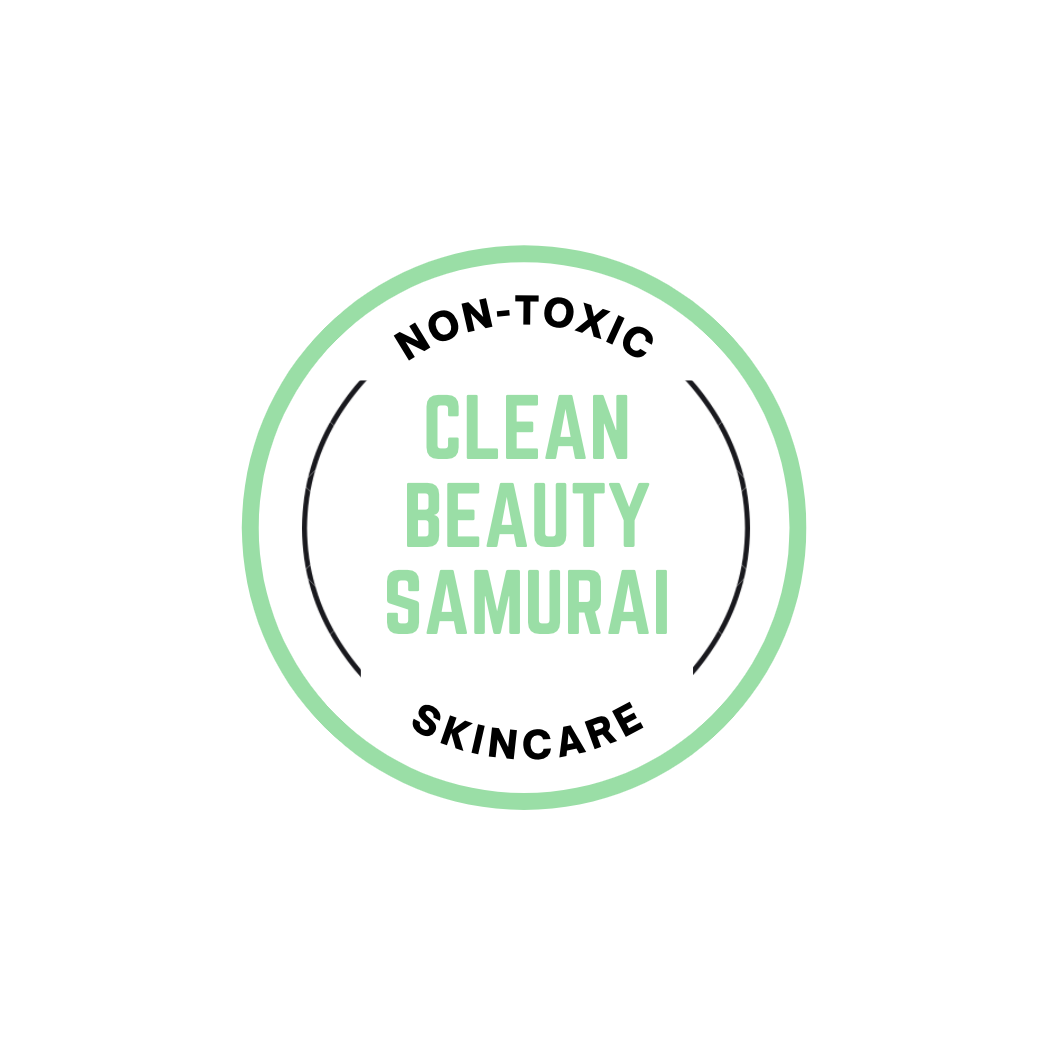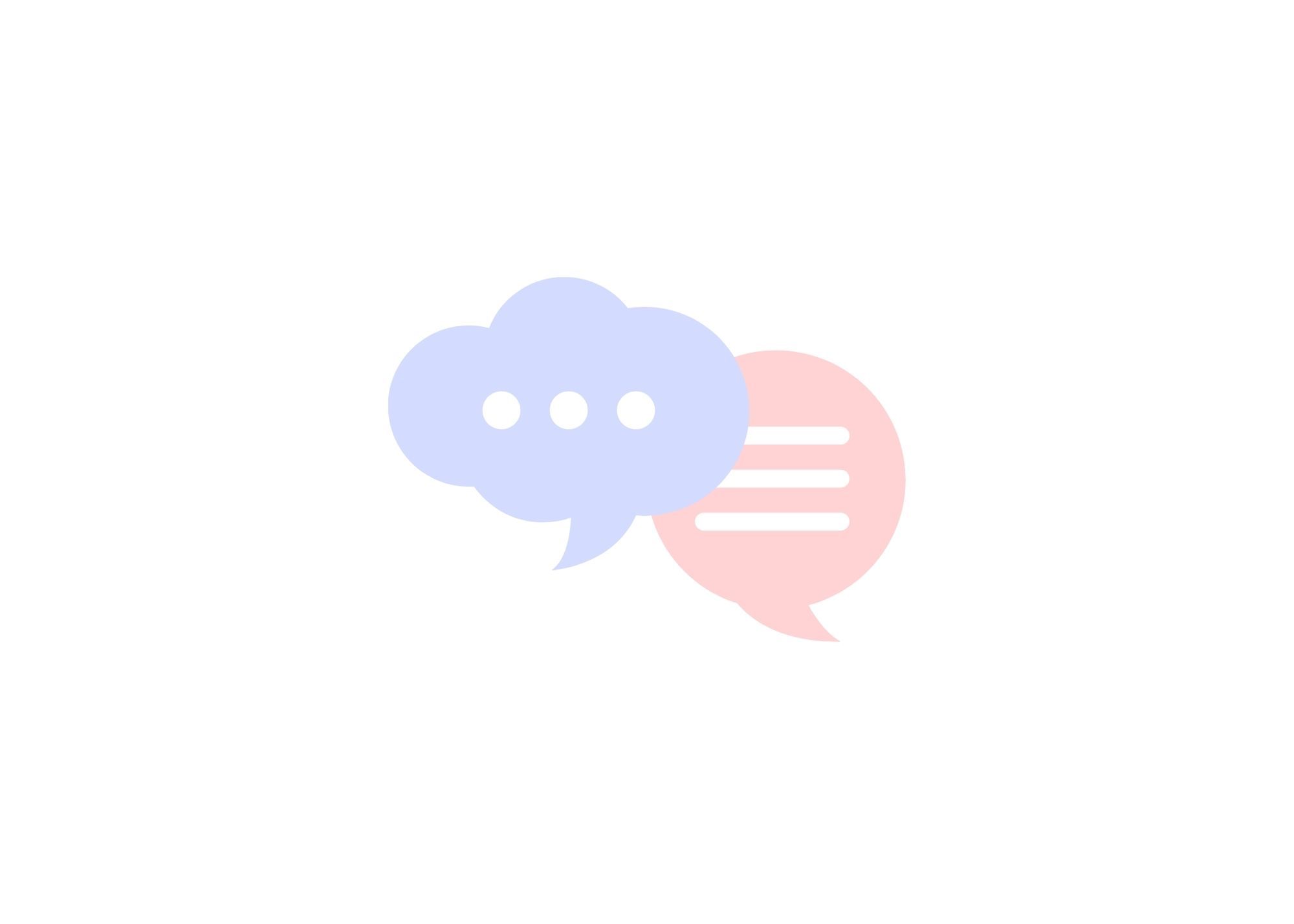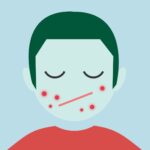Acne is a super common skin condition that many teenagers have to face and often find hard to control. Often times teenagers are not aware that acne is a response to hormone changes and they will eventually grow out of it naturally. We are here to clear all the questions about acne 🙂
Questions Are Updated weekly so make sure to sign-up to receive updates when this gets updated!
Q: What is acne?
Acne is the name for those bumps that appear on the skin when pores get clogged. Sebum is an oil/wax substance naturally produced by the oil glands on our skin. When working properly, oil glands are actually quite important because the sebum they produce protects our skin from harmful substances entering it. But during puberty, changes in our hormones can often cause these oil glands to become very very active and pump a lot of sebum. When this happens, the excess sebum overfills the pores and form bumps or pimples as we know them.
Dermatologist
Q: Why do I get acne while some of my classmates don’t get acne?
This is a very good question that still has no exact answer. Currently, there are only theories about the cause of acne. The first is in your genes. If one of your parents had acne once in their teens, they could pass that condition to you. The second is hormones. Since each of us is unique in our bodies, it’s no surprise that hormones could affect each of us differently. During puberty, our hormones fluctuate like crazy and some of us just respond to the craziness with overly active oil glands.
Dermatologist
Q: Why do I have big and painful pimples while others have small pimples?
There is no exact answer to why some people’s acne is more severe than others, but in general, acne has different types depending on how your body reacts to overly active oil glands. The mildest forms of acne are blackheads and whiteheads that don’t require a doctor’s attention. Then we have a more moderate type of acne, which usually is red, swollen, and filled white pus in the pimple. Sometimes this type of acne requires a doctor’s attention if it can’t be controlled with over-the-counter products. The most serious type of acne is called cysts and they definitely require the doctor’s attention to solve.
Dermatologist
Q: So what should I do if I have acne?
You might not be able to eliminate it completely, but it can be controlled if you take the right steps. Get your doctor to examine your skin condition so you know what type of acne you have. The sooner you can get your acne under control, the better it is. Once you know what type of acne you have, it’s important that you are using the correct acne products on your face to reduce the chances of scarring on your face. There are ALOT of products in the market that claim they can solve your acne but not all of them are right for you. So choose carefully!
Dermatologist
Q: What are the different types of products that can treat acne?
Acne treatments come in 2 types: the ones you apply to your face and the ones you need to take orally once or twice daily. Depending on your acne type, your doctor/derm may recommend one form of treatment over another.
Dermtologist
- Over-the-counter topical products
Many skincare brands carry acne products that you can get without a doctor’s prescription. Ingredients that you can find are azelaic acid (only in certain countries), benzoyl peroxide, salicylic acid. The strength of these acne treatments is low and are only good for controlling and treating mild to moderate types of acne.
- Prescription topical treatments:
Your derm can prescribe stronger strength topical products that can be applied to the face once or twice every day. Examples include adapalene, antibiotics, dapsone, and tretinoin.
- Prescription oral treatments:
Your doctor can prescribe very strong strength pills that you need to take every day for a period of time (~6 months). These drugs are for the most severe type of acne and essentially they try to force your oil glands to produce less oil.




